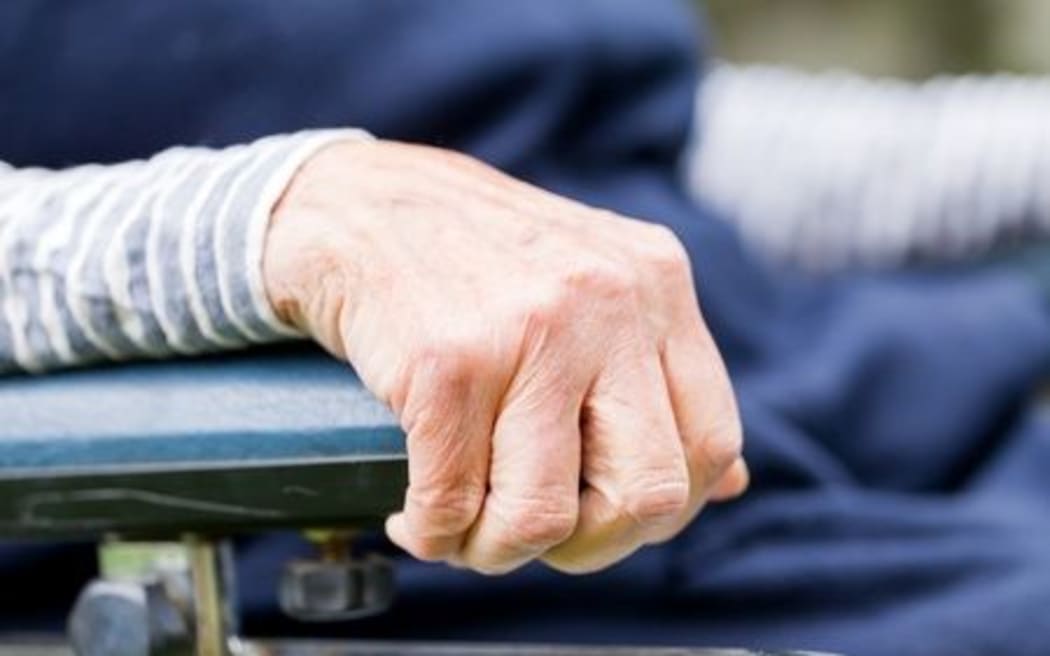Hundreds of elderly Kiwis are being assaulted every year, with the most attacks reported in South Auckland and Wellington.

Photo: 123rf
Statistics New Zealand figures show that in the year ending June, 672 men and women over the age of 65 reported being assaulted and 39 reported a sexual assault.
Counties Manukau was the worst area with 99 assaults reported, followed by Wellington which had 87 assaults.
Agencies fear the number of elderly victims of assault could be even higher as many are too embarrassed to report them.
Betty Thomas, 82, lives in Wattle Downs in south Auckland.
She said she had CCTV cameras, but still felt unsafe at times.
"I'm the only one sort of home in the street during the day, and I do keep an eye out. I have a walkway that goes to the beach beside my place."
She said she wanted to be kept more informed about crime in the area.
Eve Crow and her husband have lived in Clendon Park for at least 12 years.
"We unite with our neighbours and we have gone to special meetings, neighbourhood protection.
"Although there has been a robbery down at our superette, we have never felt in danger at all. We may have our fence graffittied occasionally or a few picket fence posts ripped out. But on the whole, I think it's a good community place to live in."
Grey Power Counties Manukau president John Ballantyne said he believed there were a lot of elderly not reporting attacks, so the scale of the problem could be far worse than it seemed.
"If something happens: 'Oh no, no, no, I can't. I can't go to the police and tell them about it'.
"But if they had any sense, they would make the thing known as soon as it happens."
Age Concern New Zealand chief executive Stephanie Claire agreed that embarrassment to ask for help was a concern.
"They don't want you to know that their daughter's doing that. It could be actually that they are ashamed. But more importantly, maybe they feel like they're a burden on their family."
She said preying on elderly was particularly nasty, and there was always more that the community could do to support them, and to ensure they felt safe, especially in their own homes.
Mr Ballantyne said he could not see why increasing the number of police officers in Counties Manukau was not a priority for the local MP and Police Minister Judith Collins.
"We know the police are doing what they can, but the figures show that there aren't enough police in the area or nationally. You take Kaitaia for instance, and what's been happening up there, it's obvious that police are stretched.
He said it was important to send extra police officers to help in the Far North, as announced last week, but the same should be done for Counties Manukau.
But retired private investigator Julie Adams had other ideas.
She said a way to assist the police could be by giving more authority to security officers.
"People that are spitting, swearing, urinating in the streets. Citizens would feel a lot safer knowing they could call the security guard over. He could come, apprehend that person and take them into the police station and do the paper work themselves."
And she said once the government properly addressed the big issues around methamphetamine, the crime rate would start to fall nation-wide, including against the community's most vulnerable.



